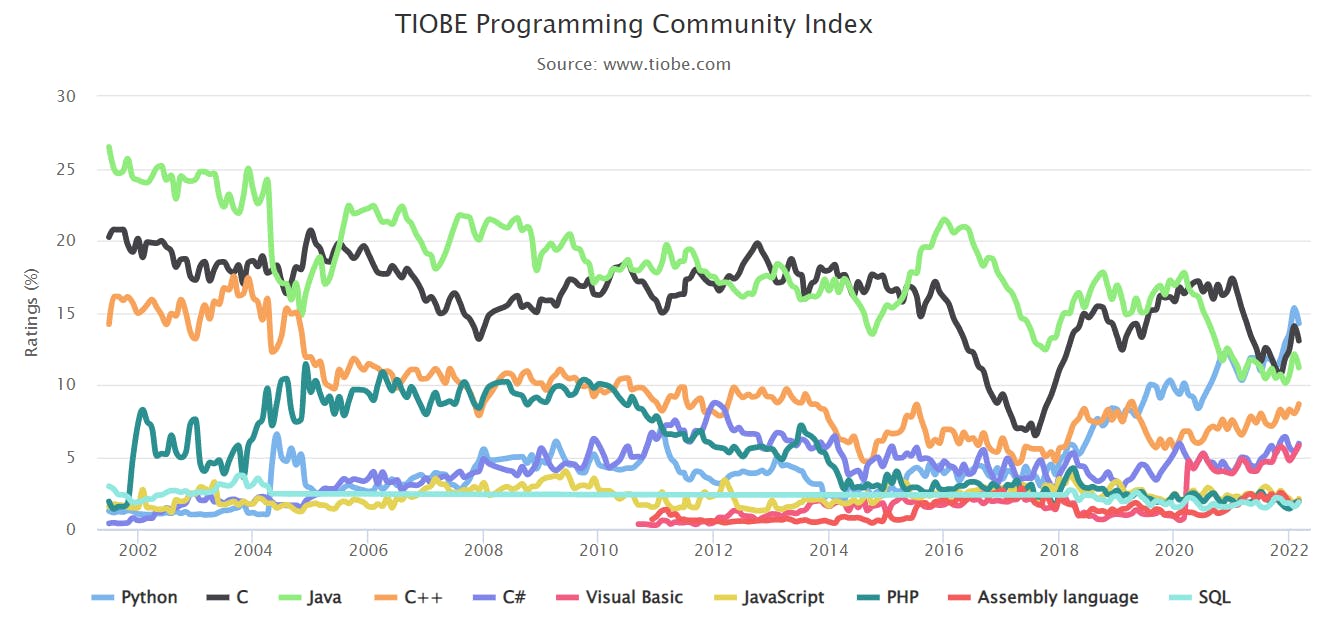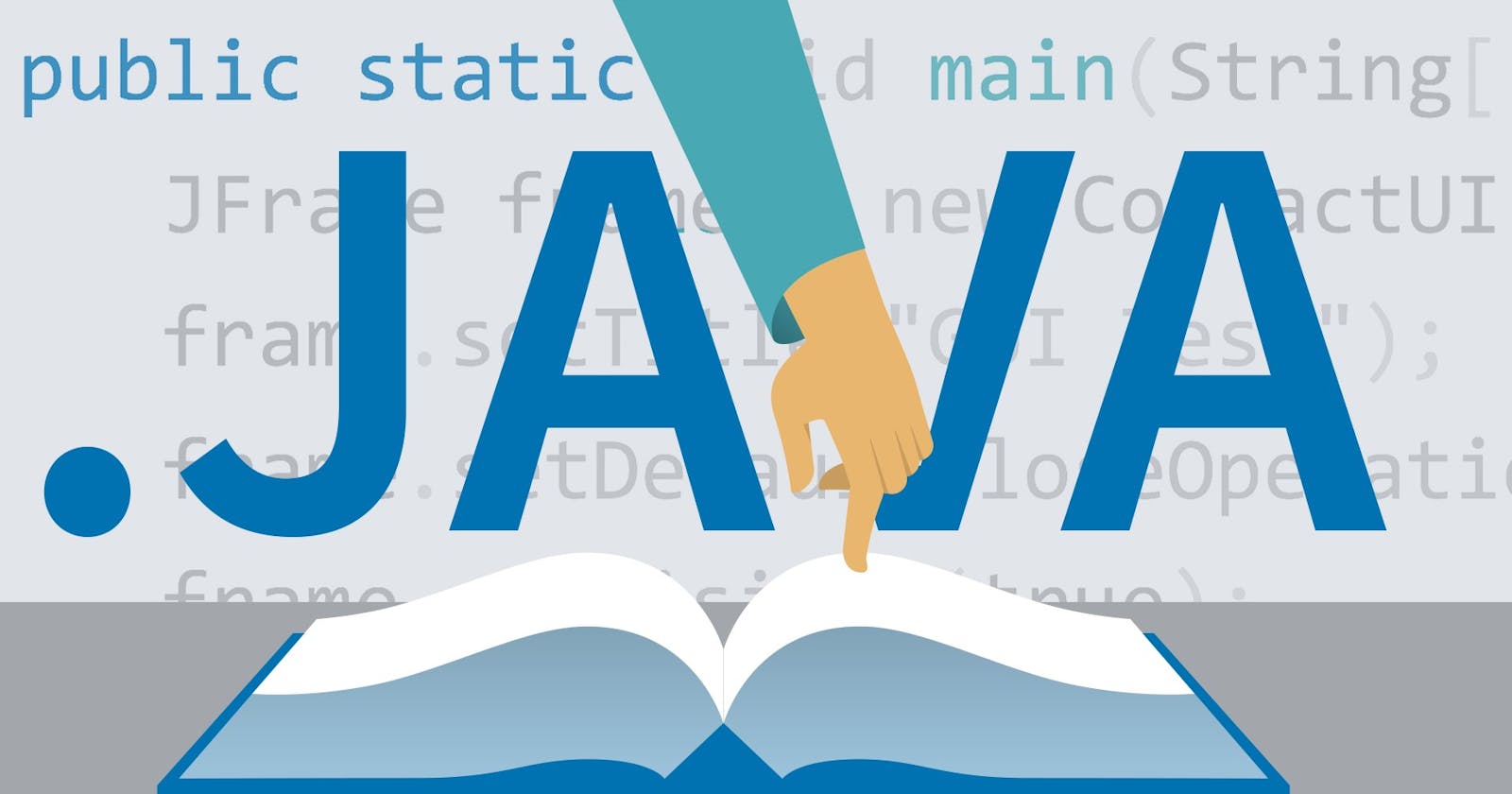Before we discuss whether Java will be relevant in the coming years, let me give you a brief overview of its origin.
Java is a programming language and computing platform first released by Sun Microsystems in 1995. It was written with the intent to create a dynamic, object-oriented programming language suitable for use of the same types of development tasks as C and C++, but without the difficulties and sources of bugs common to those languages.
It is rumored to be one of the toughest languages to learn given its complex syntax and occupies more memory space than C and C++. Even so, it is still quite an in-demand language after 25 years of its release.
But why is it so?
1. Java is constantly evolving.
Most languages with time become obsolete because they fail to keep up with the exponentially growing tech world, Java developers keep adding new features to stay updated with the needs and the trends. In March 2021, Java 16 was released with various new features after reviews and collaborations between the Oracle engineers and the Java developer community. It drastically improved productivity, stability and security measures. JDK 17 is also in development with its early patches available for testing and will be released soon.
2. Large number of Libraries and APIs.
The Java Development Kit (JDK) is provisioned with over two hundred built-in packages and the APIs can be easily integrated. This makes the development easier, cheaper and faster.
3. Scalability and Versatility.
One of the most loved features of Java is its platform independency. A Java code written once can be executed on any machine irrespective of the hardware and software configurations. It is very efficient and scalable and performs amazingly even under a huge workload which is very much essential for large companies working on millions of data at one time.
4. One of the fastest languages.
Code compiled on the JIT compiler on the modern JVMs runs very fast compared to the optimised code which means that it's practically one of the fastest languages.
5. Android Development.
Java is quite a popular language when it comes to Android Development because AndroidOS is mostly written in Java. Its APIs are also written in Java which makes it easier to develop mobile apps in Java. It is also compatible with Kotlin which is highly used in app development nowadays. Popular applications like Signal, Spotify and Twitter are built in Java.
 Source: www.tiobe.com
Source: www.tiobe.com
Conclusion
Java indeed has so many competitors and it is past its peak popularity. However, with the constant updates, it keeps receiving and the wonderful open-source developers community which keeps providing vital feedback to the new releases, it will be relevant for the years to come. So, if you are interested in App or Web development, open-source or machine learning, learning Java will always help you in the long run.
